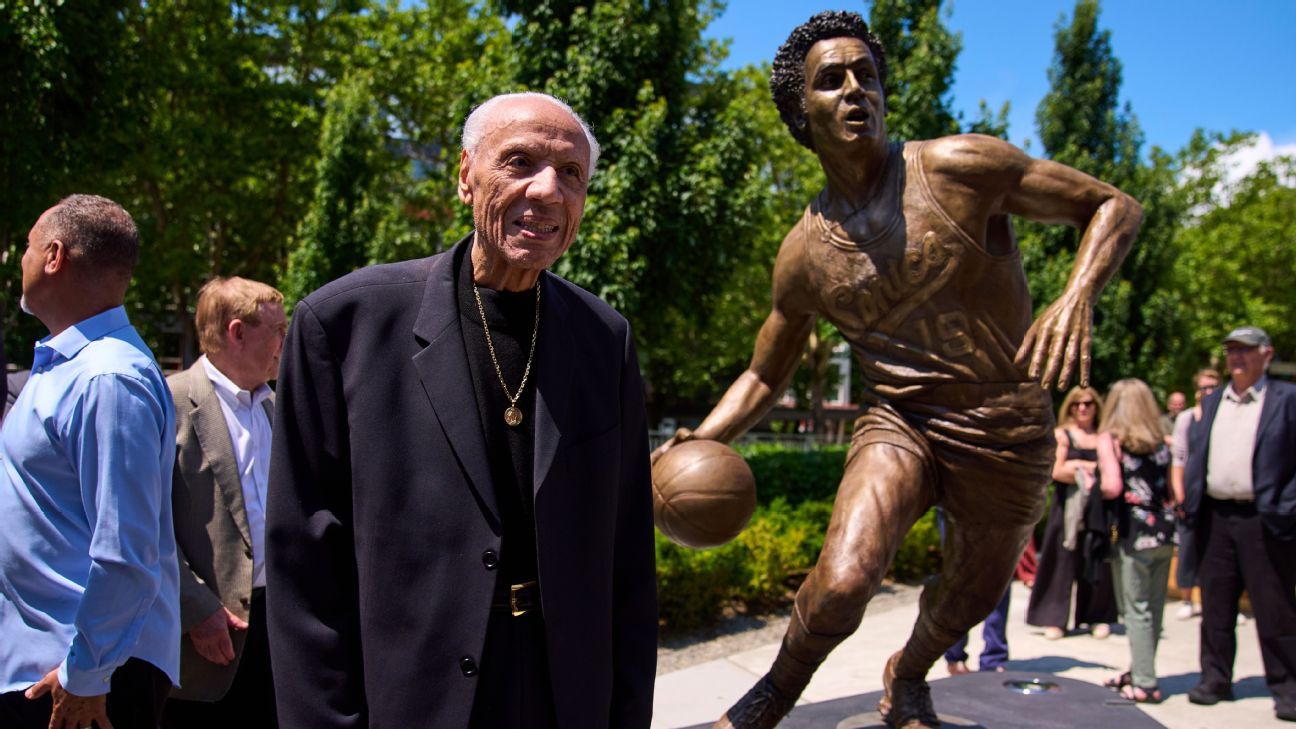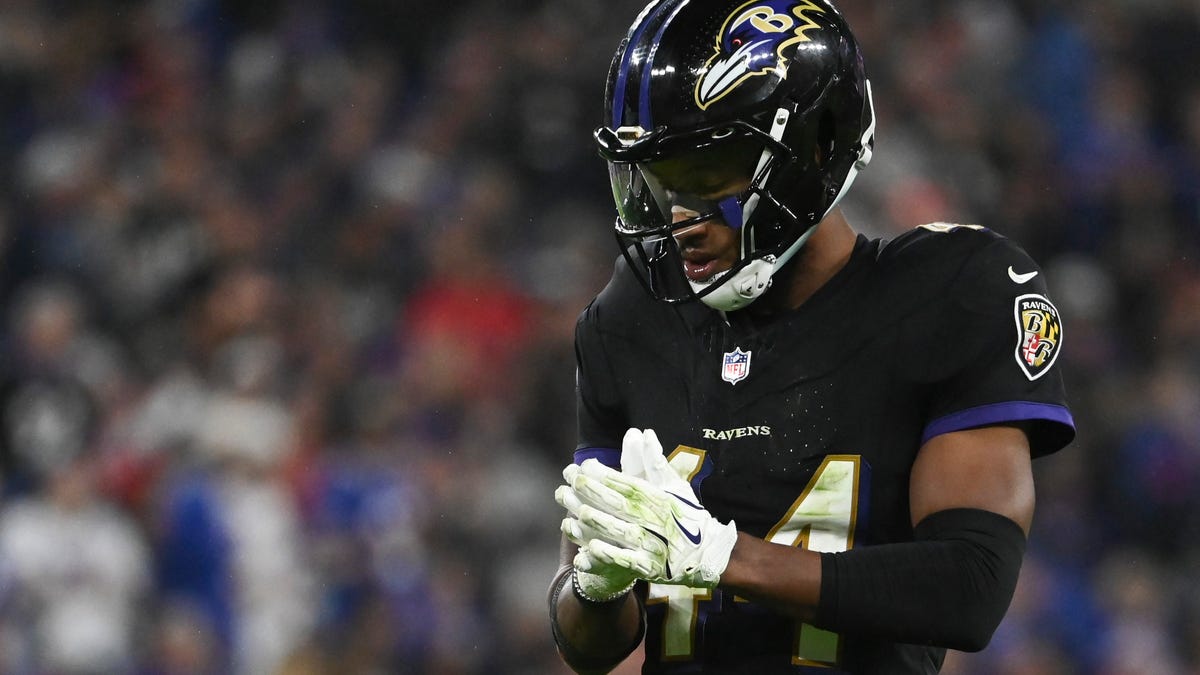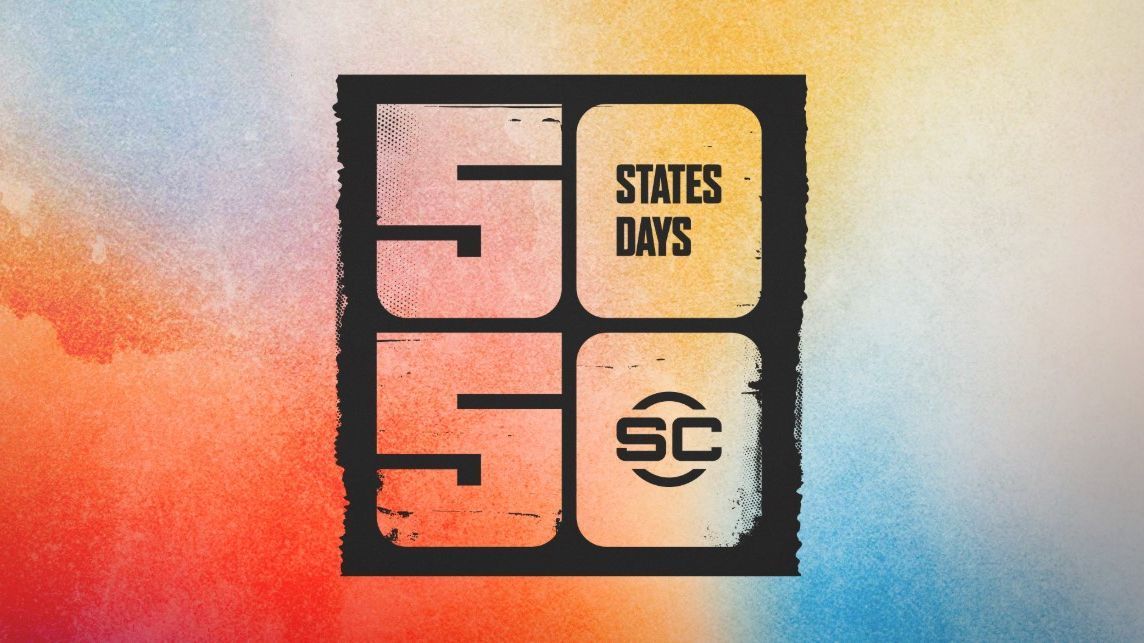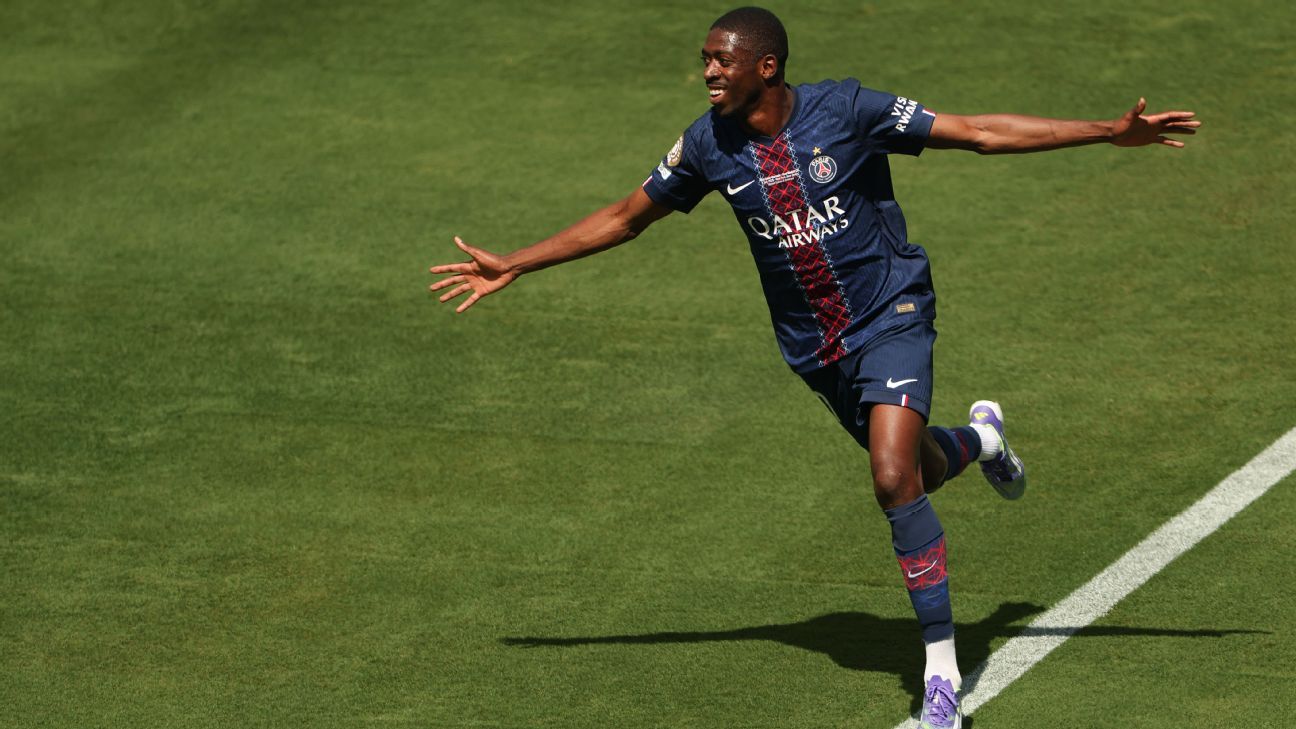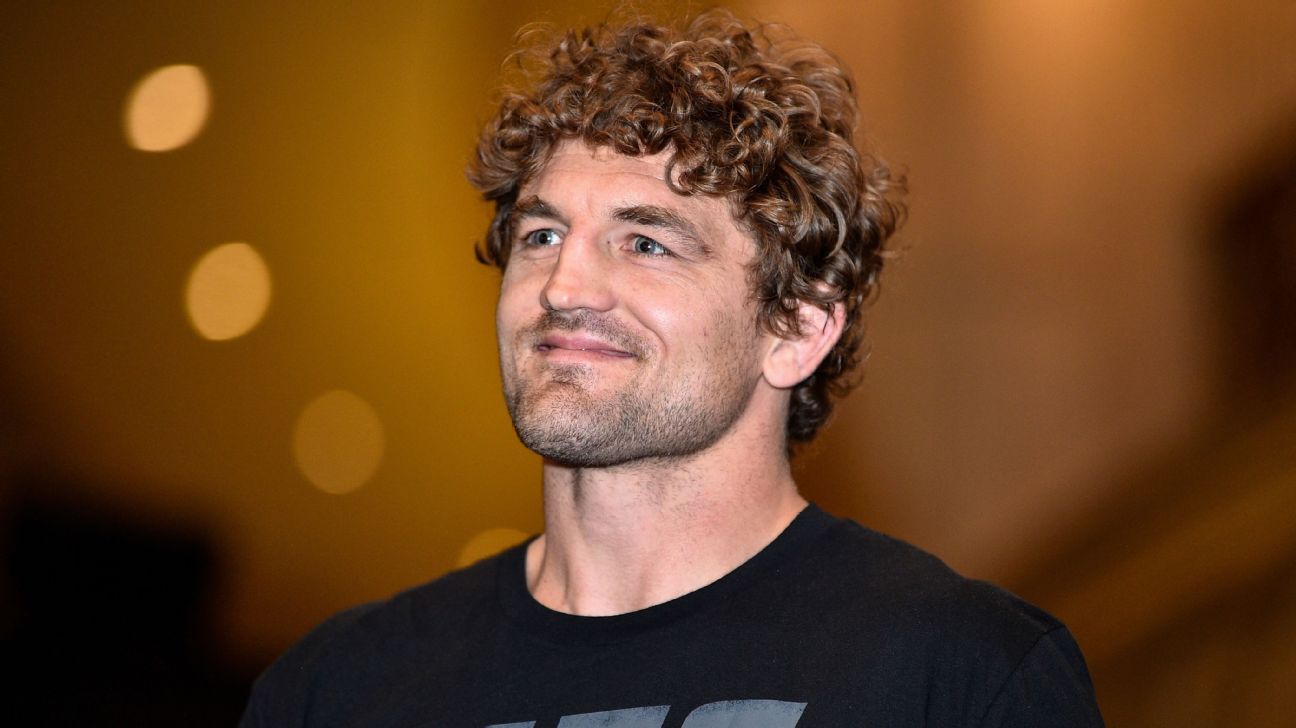SEATTLE — The Seattle basketball community turned out Saturday to honor legendary former Seattle SuperSonics player, coach and executive Lenny Wilkens, who became the first person to have a statue unveiled outside Climate Pledge Arena.
“Reminds me of when I first came out here,” said Wilkens, who was traded to the Sonics in 1968 ahead of their second season as an expansion franchise. “You know, we’re a better community when we’re supportive of one another, when we help each other, when we take time to recognize one another.”
On Saturday, that meant recognizing Wilkens, who joined John Wooden as the second person selected for the Naismith Memorial Hall of Fame as both a player (in 1989) and a coach (in 1998) before being honored a third time for his role as an assistant coach with the 1992 USA Olympic “Dream Team.”
Although he played for four teams and coached six, Wilkens, a Brooklyn native, has made his home in Seattle and is most associated with the Sonics. As head coach in 1979, Wilkens led the team to its only championship in Seattle.
Each speaker Saturday highlighted that Wilkens’ work off the court in the Seattle community is an equally important part of his legacy. Through his foundation, created in 1971, Wilkens spent decades supporting local causes — most notably the Odessa Brown Children’s Clinic, which operates in Seattle’s historically Black Central District.
“He has uplifted this community in many ways,” said Washington Governor Bob Ferguson, “from uniting our community when we won that world championship back in the 1970s to all the work he’s done quietly, behind the scenes when he’s not in front of 14,000 fans and a national TV audience — quietly working to uplift our community and the next generation. Please thank him just as much for all that hard work that he’s done for our community.”
Jay Inslee, Ferguson’s predecessor as governor, quipped that Wilkens didn’t just “unleash ‘Downtown’ Freddy Brown,” referring to the Sonics legend who starred for the 1979 title team, “he unleashed ‘Uptown’ Odessa Brown Clinic.”
“That’s Lenny Wilkens,” Inslee said. “He unleashed that clinic.”
Wilkens’ charitable work inspired both the Seattle basketball community and his own players. Steve Smith, who played for Wilkens with the Atlanta Hawks, highlighted his influence on both Smith and the late Dikembe Mutombo giving back. Longtime Sonics forward Detlef Schrempf, who calls Seattle home, noted their shared work together on their foundations.
“I feel his impact every day and he’s touched many, many people,” Schrempf said. “He’s a special person. We’re fortunate to have him in our community.”
Nate McMillan, like Wilkens both a player and head coach in Seattle, said Wilkens “set the standard for what a SuperSonic should be both on and off the floor.”
“How you should play the game and for me how should I coach the game,” McMillan said. “OK, I wasn’t able to be as smooth as you were on the sidelines, but the respect for the game, the respect for the community, the respect for the league, I took all of that from you.”
All of that made Wilkens, whose involvement with the Sonics spanned every decade of their existence save the 1990s, a natural choice as the first player honored with a statue at Climate Pledge Arena, which stands in the same site as the Seattle Center Coliseum Wilkens called home as a player.
Wilkens will soon be joined by longtime Seattle Storm guard Sue Bird. The Seattle Times reported Saturday that a statue of Bird will be unveiled at the Storm’s Aug. 17 game against the Phoenix Mercury.
“Coach Wilkens is what Jerry West was to the Lakers and the NBA,” McMillan said, highlighting other players with statues. “He is what Bill Russell was to the Boston Celtics and the NBA. He’s what Michael Jordan is to the Chicago Bulls and the NBA. This is our Hall of Famer.”
Sculptor Lou Cella was responsible for bringing Wilkens’ statue to life. He previously created statues of Seattle sports icons Ken Griffey Jr., Edgar Martinez and Dave Niehaus at T-Mobile Park and Don James at Husky Stadium.
Basketball Hall of Famer Spencer Haywood, who started his NBA career in Seattle with Wilkens, highlighted the only complaint: The statue depicts Wilkens, famously reliant on his left hand as a player, driving right.
Underlying Saturday’s event was excitement for the possible return of the Sonics. NBA commissioner Adam Silver said earlier this month at the NBA Finals that the league’s Board of Governors will take up the topic of expansion at next month’s meetings in Las Vegas.
“I hope the NBA is watching,” McMillan said. “They really need to pay attention to this because we have a rich tradition, and Coach Wilkens is a huge part of that tradition.”



